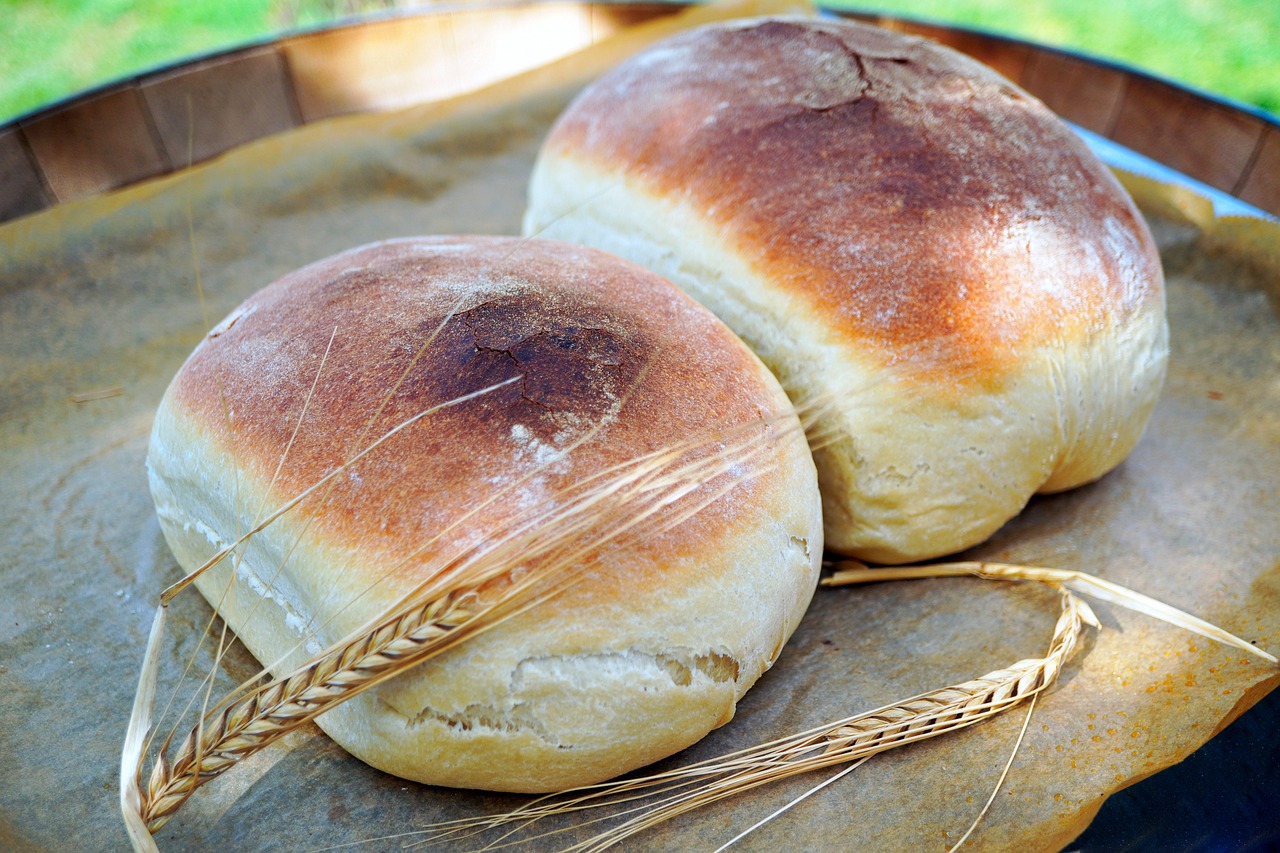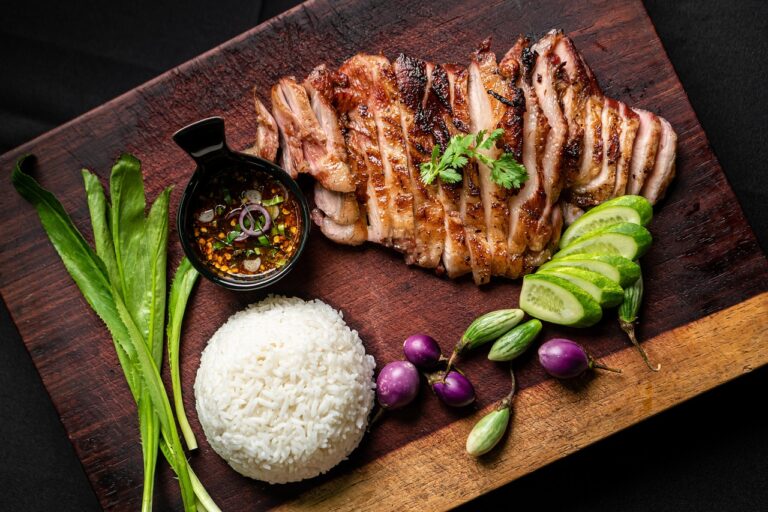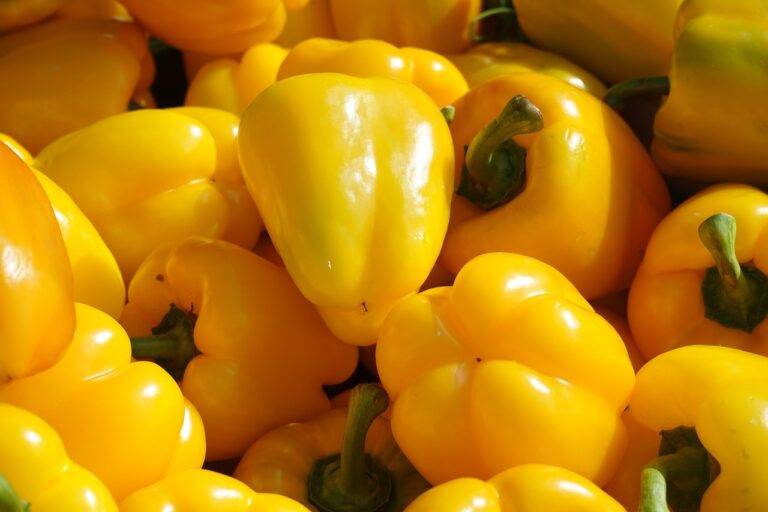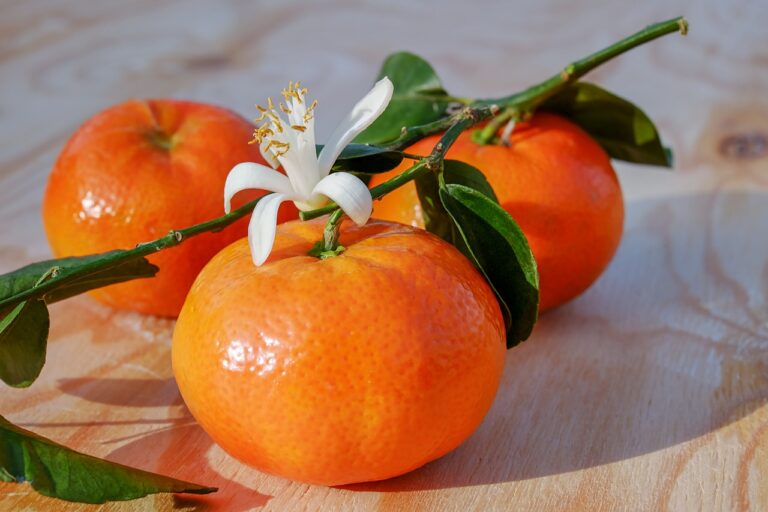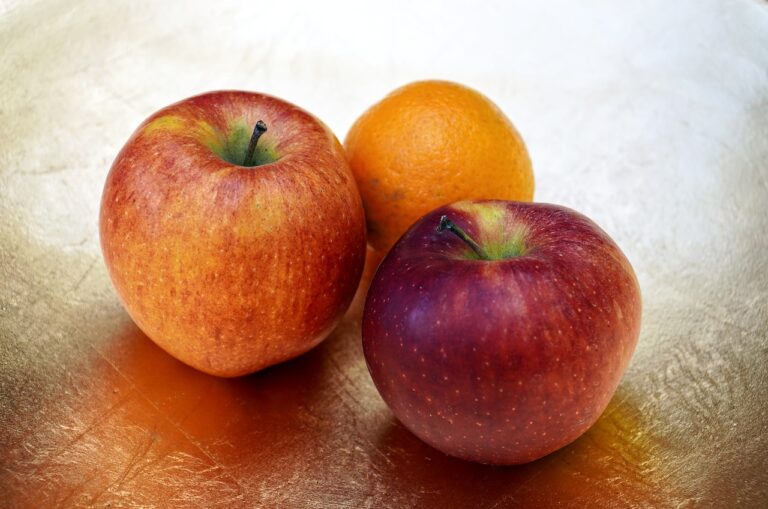The Cultural Significance of Food in Festivals and Celebrations around the World
Food plays a central role in celebrations and festivals across cultures worldwide. From traditional religious ceremonies to modern-day festivities, the act of sharing meals with loved ones brings people together, strengthens bonds, and highlights cultural identity. In this article, we will explore the cultural significance of food in various festivals and celebrations around the world.
Chinese New Year
Chinese New Year, also known as the Spring Festival, is one of the most important festivals in Chinese culture. It is a time for family reunions, honoring ancestors, and welcoming the new year with hope and prosperity. Food plays a crucial role in Chinese New Year celebrations, with symbolic dishes that carry auspicious meanings. One such dish is the “nian gao,” a sticky rice cake that represents prosperity and growth. Another popular food item during the festival is “jiaozi,” dumplings filled with a mixture of meat and vegetables, symbolizing wealth and unity.
Diwali
Diwali, also known as the Festival of Lights, is a significant Hindu festival celebrated by millions of people around the world. It symbolizes the victory of light over darkness and good over evil. During Diwali, families come together to light oil lamps, exchange gifts, and indulge in a variety of sweet and savory treats. One of the most iconic Diwali sweets is the “mithai,” a traditional confectionary made from ingredients like milk, sugar, and nuts. These sweet treats are shared with friends and neighbors as a gesture of goodwill.
Thanksgiving
Thanksgiving is a popular harvest festival celebrated in the United States, Canada, and other countries. It is a time to express gratitude for the blessings of the past year and share a festive meal with loved ones. The traditional Thanksgiving feast typically includes roasted turkey, stuffing, cranberry sauce, and pumpkin pie. These dishes have become synonymous with the holiday and evoke a sense of warmth and togetherness.
Oktoberfest
Oktoberfest is the world’s largest beer festival held annually in Munich, Germany. It is a celebration of Bavarian culture, featuring traditional music, dance, and of course, plenty of beer. Alongside the beer, visitors can enjoy a variety of German dishes such as pretzels, sausages, and sauerkraut. These hearty foods are the perfect accompaniment to the rich and flavorful beers served during the festival.
Day of the Dead
Day of the Dead, or Dia de los Muertos, is a Mexican holiday that honors deceased loved ones by celebrating their lives with food, music, and colorful decorations. Families create altars, or “ofrendas,” adorned with photos, candles, and the favorite foods of the departed. One of the most iconic foods associated with Day of the Dead is the sugar skull, a decorative sweet treat made from sugar and decorated with vibrant colors. These edible skulls serve as a symbol of remembrance and celebration.
FAQs
What is the significance of food in festivals and celebrations?
Food is a central element of festivals and celebrations as it brings people together, strengthens bonds, and highlights cultural traditions. It plays a symbolic role in many festivals, with specific dishes carrying auspicious meanings or connecting to the history and significance of the event.
How does food contribute to cultural identity during festivals?
Food serves as a reflection of cultural identity during festivals by showcasing traditional recipes, ingredients, and cooking techniques that have been passed down through generations. It helps to preserve cultural heritage and connect individuals to their roots.
Why are certain foods associated with specific festivals?
Certain foods are associated with specific festivals due to their historical, religious, or symbolic significance. These foods may have been traditionally prepared during the festival, carry auspicious meanings, or reflect the seasonal harvests or culinary traditions of the culture celebrating the event.
How does sharing meals during festivals strengthen social bonds?
Sharing meals during festivals creates a sense of community and togetherness as people gather to enjoy food, conversation, and festivities. It fosters connections between individuals, promotes unity, and encourages a spirit of generosity and sharing.
Overall, the cultural significance of food in festivals and celebrations around the world is immense. It serves as a common thread that binds communities together, fosters traditions, and celebrates the unique heritage of each culture. By exploring the role of food in various festivals, we gain a deeper appreciation for the traditions and values that shape our shared human experience.

